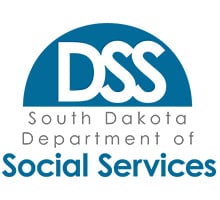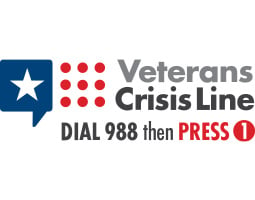Together, We Can Save Lives in SD
Suicide is a considerable public health concern. But it is preventable.

Where to Start
Access to support, community mobilization and education are all keys to effective prevention.
Protect Your Community
The importance of a dedicated and detailed suicide prevention plan cannot be overstated. See what your community can do to bolster prevention efforts.
In South Dakota
- Suicide is the leading cause of death for 10 - 29 year-olds.
- About 67% more people die by suicide than the national average.
- About 1 in 5 high school students considers suicide.
Suicide Prevention Training
There are many courses and materials available to organizations and groups who want to take the next step in promoting suicide prevention and mental health awareness.
Newsletter
Each quarter, South Dakota Suicide Prevention releases a newsletter that highlights upcoming events and areas of focus, as well as facts and figures that help communities stay informed about what they’re doing well and what they could improve. Click here to subscribe to receive future newsletters.











